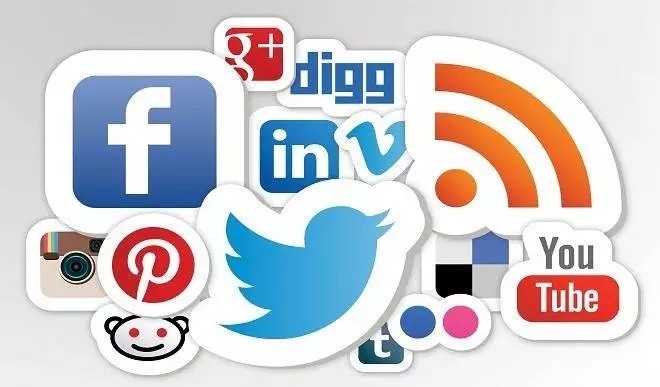
Heavy consumption of social media could lead to mental illness, researchers have said.
Roughly a quarter of British adults have been diagnosed at some point with a psychiatric disorder, costing the economy an estimated 4.5% of GDP per year.
Such illnesses have many causes, but a growing body of research demonstrates that in young people they are linked with heavy consumption of social media.
According to a survey in 2017 by the Royal Society for Public Health, Britons aged 14-24 believe that Facebook, Instagram, Snapchat and Twitter have detrimental effects on their wellbeing.
On average, they reported that these social networks gave them extra scope for self-expression and community-building.
But they also said that the platforms exacerbated anxiety and depression, deprived them of sleep, exposed them to bullying and created worries about their body image and “FOMO” (“fear of missing out”).
Academic studies have found that these problems tend to be particularly severe among frequent users.
Sean Parker, Facebook’s founding president, has admitted that the product works by “exploiting a vulnerability in human psychology”.
An experiment by five neuroscientists in 2014 concluded that Facebook triggers the same impulsive part of the brain as gambling and substance abuse.
Discover more from TOKTOK9JA MEDIA
Subscribe to get the latest posts sent to your email.



























